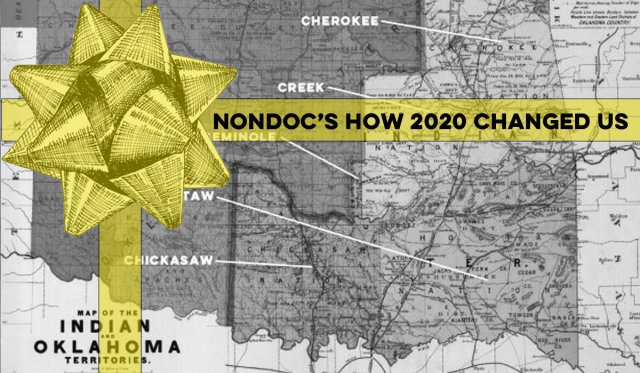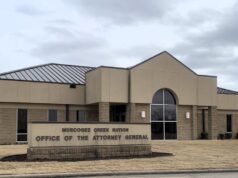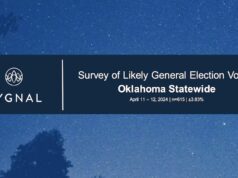
The answer to the question “what changed in Oklahoma in 2020” may not be fully answered until 2021, or even some time after that.
While the past year has been defined most prominently by the COVID-19 pandemic, 2020’s most dynamic change in the long run may come from the U.S. Supreme Court ruling in McGirt v. Oklahoma, where justices affirmed that the Muscogee (Creek) Nation reservation still exists.
Below, let’s take a quick look at that development and four other important answers to what changed in Oklahoma during 2020.
Half of the state comprised of reservations
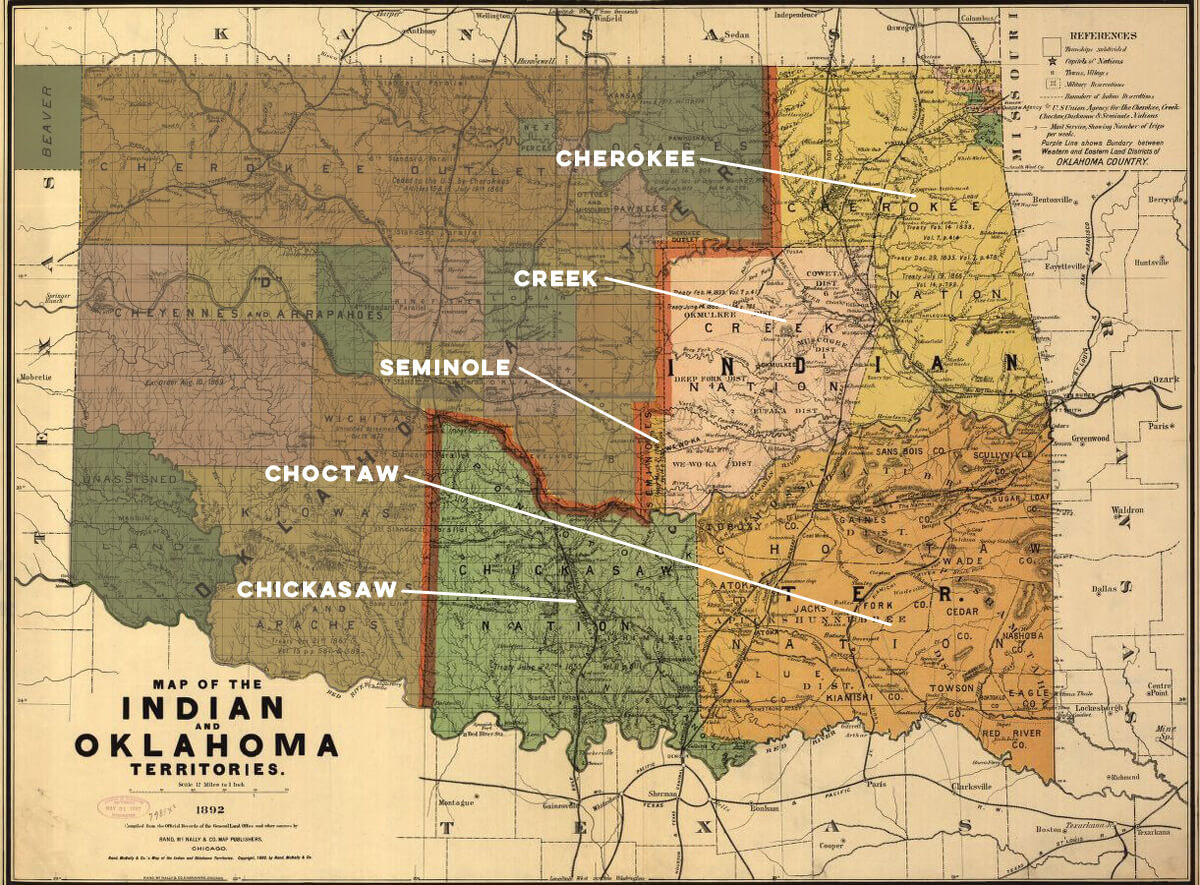
The opinion in the McGirt case has functionally paved the way for affirmation of four other reservations — the Cherokee Nation, Chickasaw Nation, Choctaw Nation and Seminole Nation — that comprise roughly the eastern half of the state.
While the SCOTUS decision specifically involved the U.S. Major Crimes Act, the designation of the Creek Nation reservation as Indian Country under 18 U.S.C 1151A means a litany of issues in civil law — such as taxation, environmental regulation and other governance questions — could be challenged in court. Congress may also take action to address elements of criminal and civil law changed by the decision if an agreement among tribes and state leaders can be reached.
More than 2,300 Oklahomans died from COVID-19

While the COVID-19 pandemic defined and changed life for all Oklahomans in 2020, let’s be sure to remember those whose lives were lost owing to complications from the disease. As of Dec. 27, the Oklahoma State Department of Health reports that more than 2,300 Oklahomans have died as a result of contracting the novel coronavirus. More than 333,000 people have died across America.
To put that into perspective, tornadoes cause about 80 U.S. deaths per year. The COVID-related death total in Oklahoma is roughly the population of Newkirk. The U.S. death total is roughly equal to the populations of Norman, Broken Arrow and Lawton combined.
Medicaid expansion passed by voters

Despite its placement on a June primary ballot, State Question 802 received a slim majority of support from Oklahoma voters, resulting in the approval of Medicaid expansion, a portion of the Affordable Care Act that Republican leaders in Oklahoma had avoided pursuing for a decade.
That means as many as 200,000 adult Oklahomans could qualify for SoonerCare, the state’s version of the low-income public health insurance program. The federal-state partnership program requires Oklahoma to cover 10 percent of the costs for the expansion population, which is estimated to be about $164 million in Fiscal Year 2022.
Tech issues in the background no longer
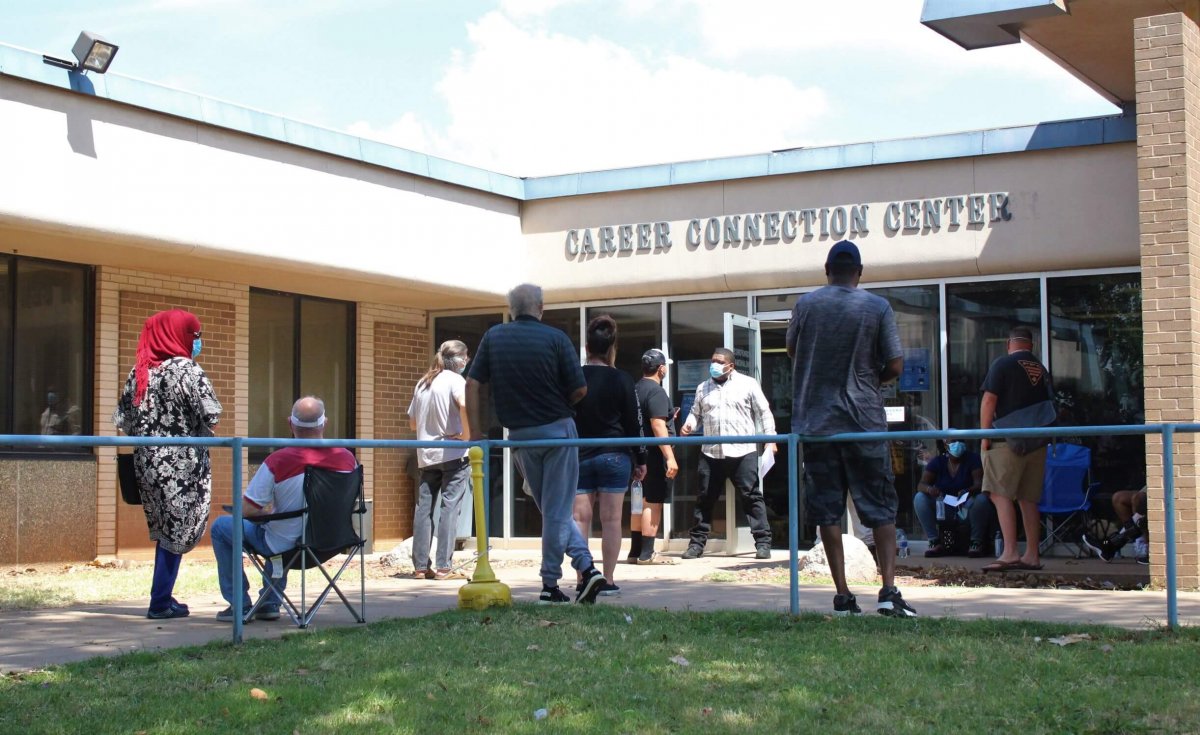
For many politicians, lobbyists and media at the Oklahoma State Capitol, the superannuated nature of many state agencies’ technological capabilities was old news. Everyone knew about it, but what was to be done?
The pandemic pushed that reality into the forefront of public consciousness. Suddenly, antiquated systems at the Oklahoma State Department of Health and the Oklahoma Employment Security Commission were causing tangible, visible problems. Plus, the federal government was sending states a mess of money to address issues.
As a result, the OESC’s computer systems have received upgrades. The OSDH has switched away from its old PHIDDO system for tracking coronavirus data, although the agency is still using FIDDO for other infectious diseases.
Beyond those two agencies, other state and local departments have found efficiencies by authorizing remote work. Some agencies may reduce their office space as a result. Lastly, temporary changes to the Open Meeting Act are expected to be adopted permanently in some form, authorizing greater ability for public bodies to meet digitally.
Lone Democrat in Oklahoma delegation loses

The Nov. 3 general election went poorly at the local level for Oklahoma Democrats. The party fell short of flipping several Oklahoma County positions, lost ground in the Oklahoma Legislature and saw its most prominent politician fail to be re-elected when incumbent Kendra Horn was topped in a close contest by Republican Stephanie Bice.
As stark a shift as Horn’s upset victory was for Oklahoma in 2018, her defeat in 2020 also changes the state’s national influence. Without Horn, the state now has no representative in the majority party of the U.S. House. So while Bice could ultimately have a long and influential tenure in Congress, Oklahoma interests suddenly have less sway with Democratic Speaker Nancy Pelosi — one third of Washington’s three-legged political stool.









